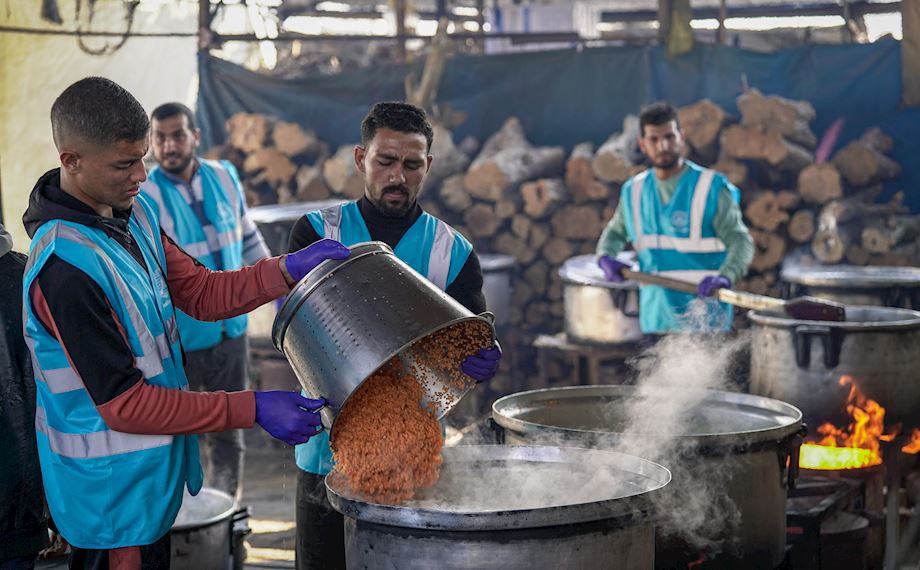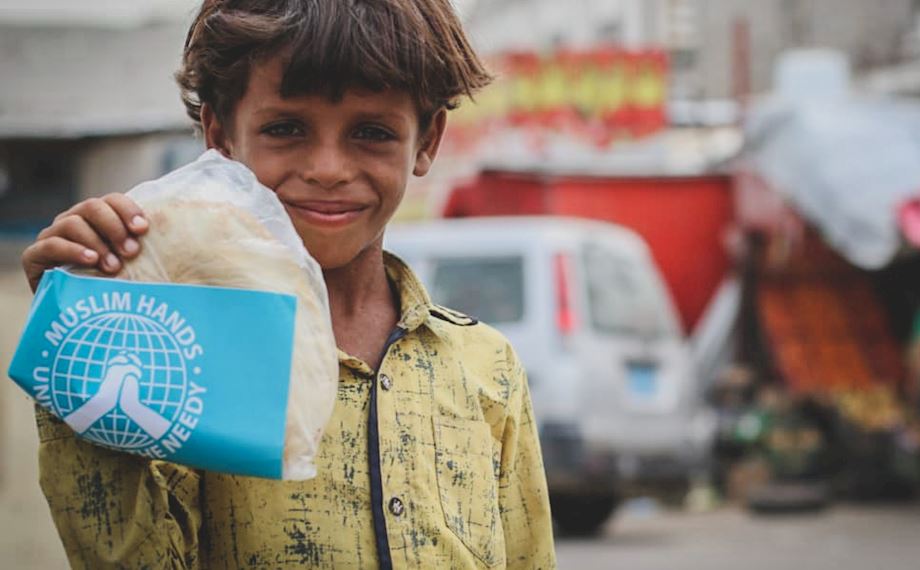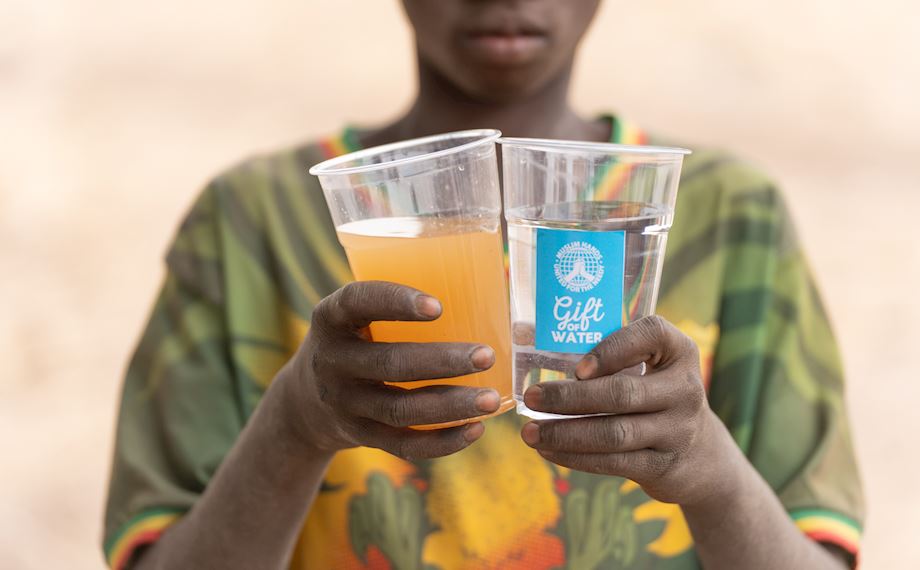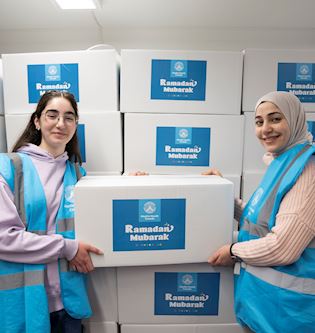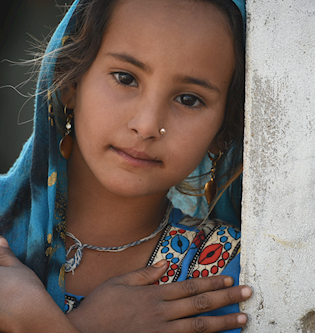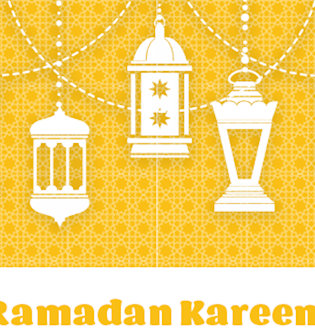Understanding Qada, Fidyah, and Kaffarah: How to Compensate for Missed Fasts
Ramadan has concluded, but in sha Allah the spiritual blessings of Shawwal will continue to guide us through the rest of the year. Fasting is an important part of Ramadan, as it teaches us patience and self-discipline, while also promoting spiritual connection and charitable giving. There are instances however, when we miss a fast. This could include battling an illness, travel, menstruation, pregnancy, breastfeeding, or other valid reasons. When life’s challenges prevent us from fasting during Ramadan, Islam offers a path to redemption through Qada, Fidyah and Kaffarah, ensuring that no missed fast goes unaddressed.
What is Qada?
Qada refers to making up a missed fast or prayer. If you cannot fast due to valid reasons such as illness or travel, you can make up the fast at a later date. Qada does not require you to pay any additional compensation or atonement.
Missed fasts should be made as soon as possible. If you are unable to do so, you can pay Fidyah instead.
What is Fidyah?
Fidyah is a compensation for missed fasts. If you cannot fast during the month of Ramadan due to chronic illness or other issues, you can make a Fidyah contribution which usually provides food or money to the needy. It is not a substitute for missed fasts due to temporary illness or other reasons. A person in such situations should make every effort to make up their missed fasts (Qada) instead.
Fidyah contributions tend to equate to approximately two meals for each day when a fast is missed. The amount is typically the cost of one or two meals per day, depending on local customs. We recommend a donation of:
- $10 per missed fast ensuring those in need are fed to the same standard as we feed ourselves.
- $300 If you are unable to fast for the entire month Ramadan of (thirty missed fasts).
What is Kaffarah?
If you break or miss a fast intentionally or without a valid reason, you must fast consecutively for 60 days. If you are unable to do this, you are required to pay a Kaffarah (expiation) payment. Each poor person should be provided with enough food to eat for one day, usually equivalent to the cost of half a sa' (an Islamic measurement of food, about 1.5 kg of dates or the equivalent). Kaffarah is only required if a fast is broken intentionally. If you break your fast by accident, the fast is not invalidated, and no Kaffarah is required.
Make your Fidyah and Kaffarah contributions with Muslim Hands today.





